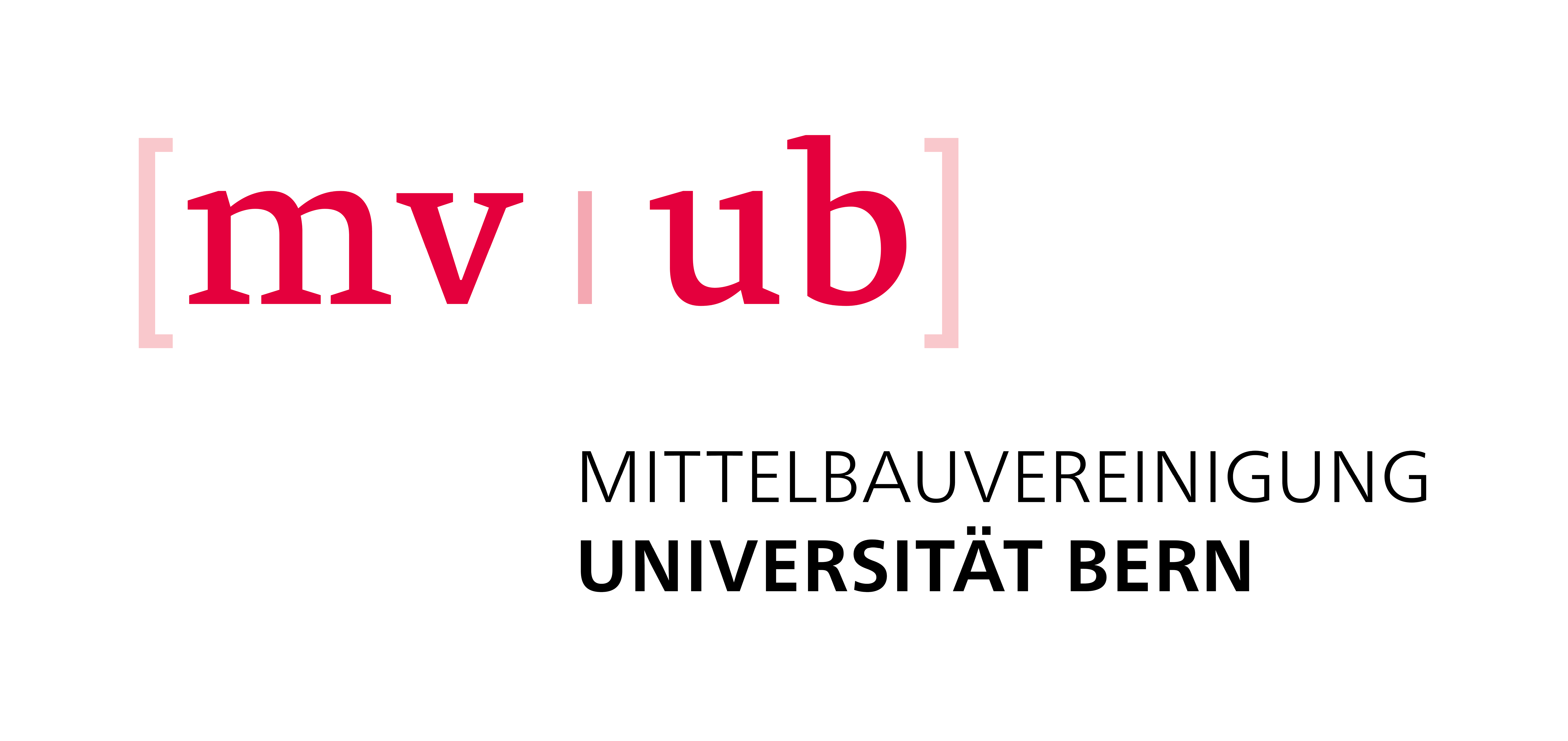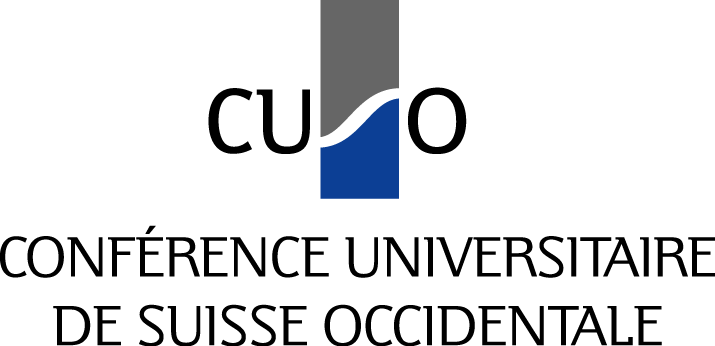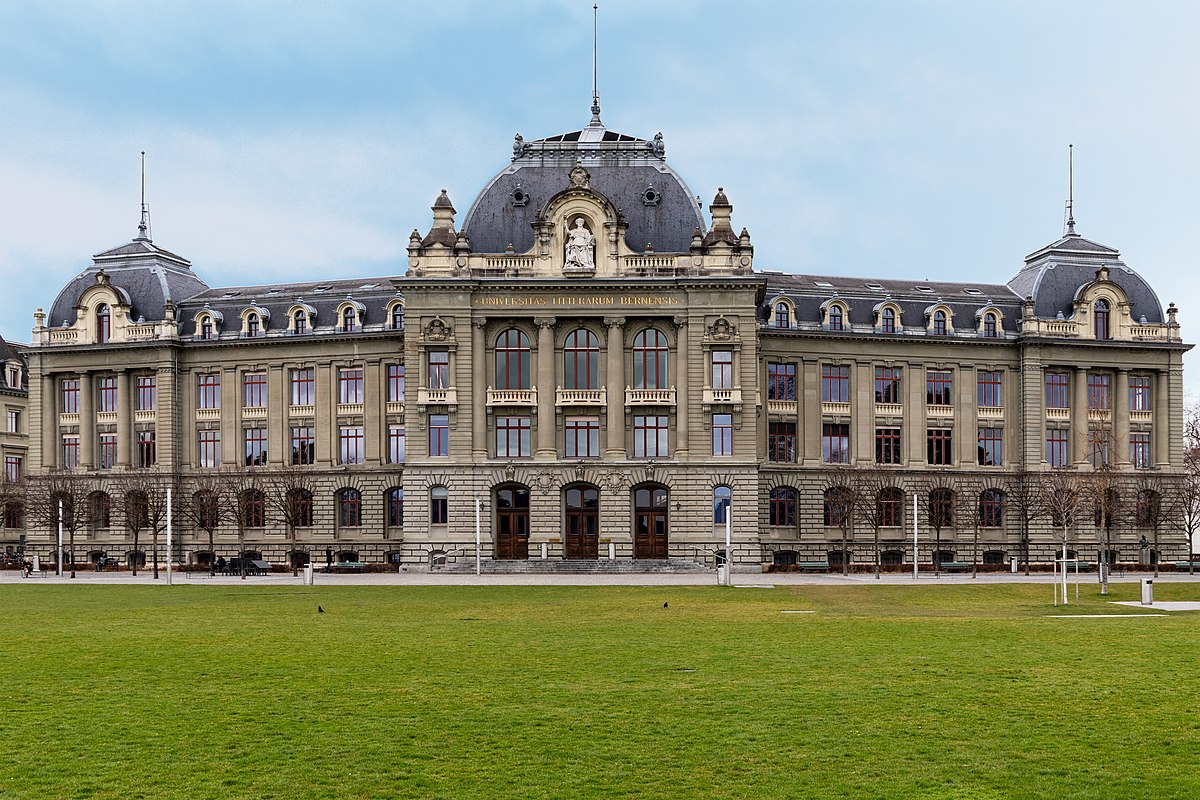NLP in Biology and Chemistry
Learn More18 th, March 2024
Kuppelraum, University of Bern, Switzerland
Welcome to our symposium on Natural Language Processing (NLP) in Biology and Chemistry!
We're a bunch of six PhD students who share a passion for using machine learning in biology and chemistry. Hailing from diverse backgrounds — ranging from molecular life sciences, economics, to informatics — we form the dynamic team of Prof. Dr. Thomas Lemmin’s computational biology group at the University of Bern.
In the spirit of community and curiosity, we decided to shake things up in 2024 and organize a symposium dedicated to Natural Language Processing (NLP) in the world of biology and chemistry. Guess what? We got the funding, and are now thrilled to announce our upcoming NLP event in Bern!
👥 Why should you join us?
This symposium is not your run-of-the-mill event. It's a vibrant platform for young researchers like you to showcase your NLP knowledge and troubles, delve into the magic of machine learning in the context of biology and chemistry, and meet leading experts (from industry and academia), fellow researchers, and the next wave of talents. Whether you're a seasoned pro, a fresh-faced PhD/MSc student, or somewhere in between, we're all about building connections and having a blast!
🚀 Details you need:
- Date: 18th of March 2024
- Location: Bern, UniBe, Kuppelraum (of course!)
- Registration Fee: A pocket-friendly 20CHF. We believe in keeping things accessible while offering you the absolute best (No registration fee for students from UniBe, UniNe, UniL, UniFr, and UniGe).
- Presentations: Everybody can apply for a poster (A0) or a Short talk of 3-5 min (Depending on available slots a slightly longer time might be possible). Registration deadline is on the 1st of March 2024
We look forward to seeing you there!
Calvin, Chiara, Giulia, Inken, Jannik, Symela
Meet the Keynote Speakers
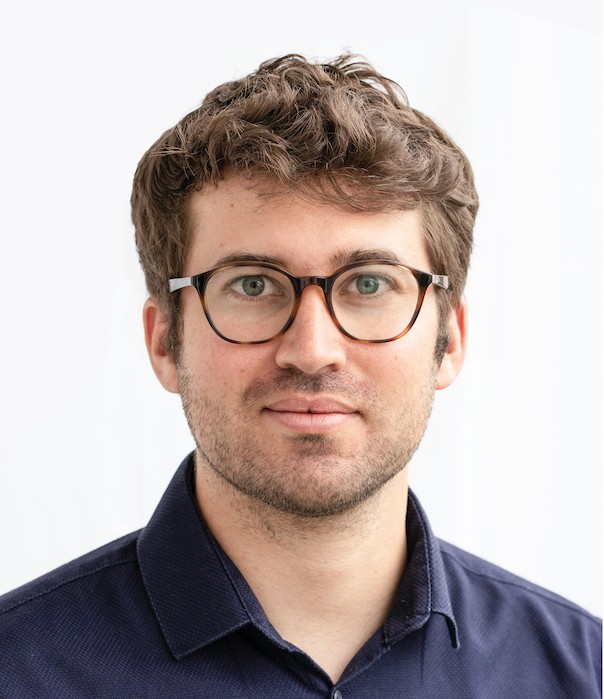
Name: Prof. Dr. Philippe Schwaller
University: EPFL, Switzerland
Talk:
Learning the Language of Chemistry
Abstract:
AI-accelerated organic synthesis is an emerging field that uses machine learning algorithms to improve the efficiency and productivity of chemical synthesis. Modern machine learning models, such as (large) language models, can capture the knowledge hidden in large chemical databases to rapidly design and discover new compounds, predict the outcome of reactions, and help optimise chemical reactions. One of the key advantages of AI-accelerated organic synthesis is its ability to make vast chemical data accessible and predict promising candidate synthesis paths, potentially leading to breakthrough discoveries. Overall, AI is poised to revolutionise the field of organic synthesis, enabling faster and more efficient drug development, catalysis, and other applications.
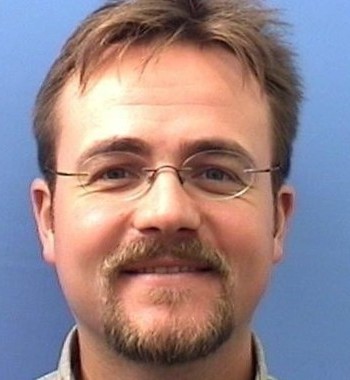
Name: Dr. Marco Stenta
Company: Syngenta
Talk:
From Words to Molecules, and Back Again: The Role of NLP in the Design of Active Ingredients
Abstract:
In this presentation, we will explore the transformative role of Natural Language Processing (NLP) in the industrial landscape, with a special focus on the design and synthesis of active ingredients. We will how both scientific discovery approaches operational workflows are impacted by this innovative technology. The talk will also offer insights into how Large Language Models (LLMs) are enhancing coding and data science, thus reshaping workflows and methodologies - a testament to the powerful, practical impact of NLP on our ways of working.
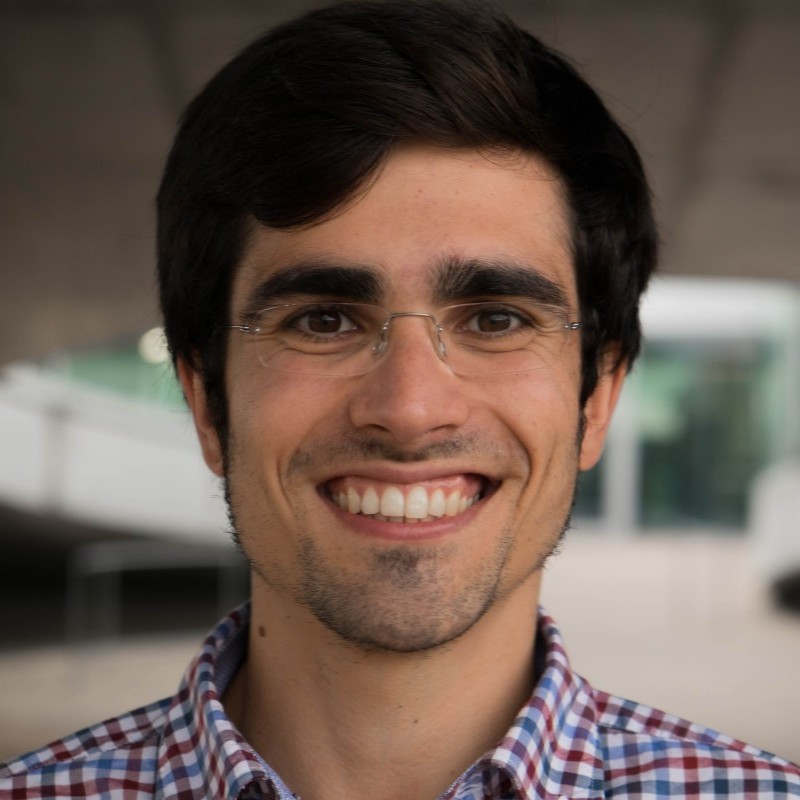
Name: Dr. Umberto Lupo
University: EPFL, Switzerland
Talk:
Language model approaches for disentangling protein-protein interactions at different scales (in collaboration with Dr. Cyril Malbranke)
Abstract:
Understanding protein-protein interactions (PPIs) is crucial in elucidating the molecular mechanisms governing cellular processes and has significant implications in drug discovery and disease understanding. However, the vast potential number of protein pairs makes experimental determination of PPI networks challenging and computationally intensive, especially beyond model species. This necessitates efficient computational approaches for PPI screening. To address this challenge, we introduce three innovative computational frameworks designed to enhance the prediction and analysis of PPI networks: ProteomeLM, DiffPALM (Differentiable Pairing using Alignment-based Language Models), and DiffPaSS (Differentiable Pairing using Soft Scores).
Updated Event Schedule
Time
8:30 - 9:15
Welcome and Registration
8:30 - 9:15
9:15 - 13:00
Session 1: NLP in Chemistry
9:15 - 9:30 Opening Remarks
9:30 - 10:30 Keynote 1: Prof. Philippe Schwaller
10:30 - 11:00 PhD Talks
11:00 - 11:30 Coffee Break
11:30 - 12:30 Keynote 2: Dr. Marco Stenta
12:30 - 13:00 PhD Talks
13:00 - 14:00
Lunch Break
13:00 - 14:00
14:00 - 16:15
Session 2: NLP in Biology
14:00 - 15:00 Keynote 3: Dr. Umberto Lupo + Dr. Cyril Malbranke
15:00 - 15:45 PhD Talks
15:45 - 16:15 Coffee Break
16:15 - 17:25
Session 3: Talks and Roundtable Discussion
16:15 - 16:45 Talks beyond NLP in Biochemistry
16:45 - 17:25 Roundtable Discussion and Closing Remarks
17:25 - 18:15
Apéro and Networking
17:25 - 18:15
18:15 - 19:00
Pub-Quiz
18:00 - 19:00
19:00 - Open End
Open End
19:00 - Open End
| Time | |
|---|---|
| 8:30 - 9:15 |
Welcome and Registration8:30 - 9:15 |
| 9:15 - 13:00 |
Session 1: NLP in Chemistry9:15 - 9:30 Opening Remarks 9:30 - 10:30 Keynote 1: Prof. Philippe Schwaller 10:30 - 11:00 PhD Talks 11:00 - 11:30 Coffee Break 11:30 - 12:30 Keynote 2: Dr. Marco Stenta 12:30 - 13:00 PhD Talks |
| 13:00 - 14:00 |
Lunch Break13:00 - 14:00 |
| 14:00 - 16:15 |
Session 2: NLP in Biology14:00 - 15:00 Keynote 3: Dr. Umberto Lupo + Dr. Cyril Malbranke 15:00 - 15:45 PhD Talks 15:45 - 16:15 Coffee Break |
| 16:15 - 17:25 |
Session 3: Talks and Roundtable Discussion16:15 - 16:45 Talks beyond NLP in Biochemistry 16:45 - 17:25 Roundtable Discussion and Closing Remarks |
| 17:25 - 18:15 |
Apéro and Networking17:25 - 18:15 |
| 18:15 - 19:00 |
Pub-Quiz18:00 - 19:00 |
| 19:00 - Open End |
Open End19:00 - Open End |
Our Sponsors

